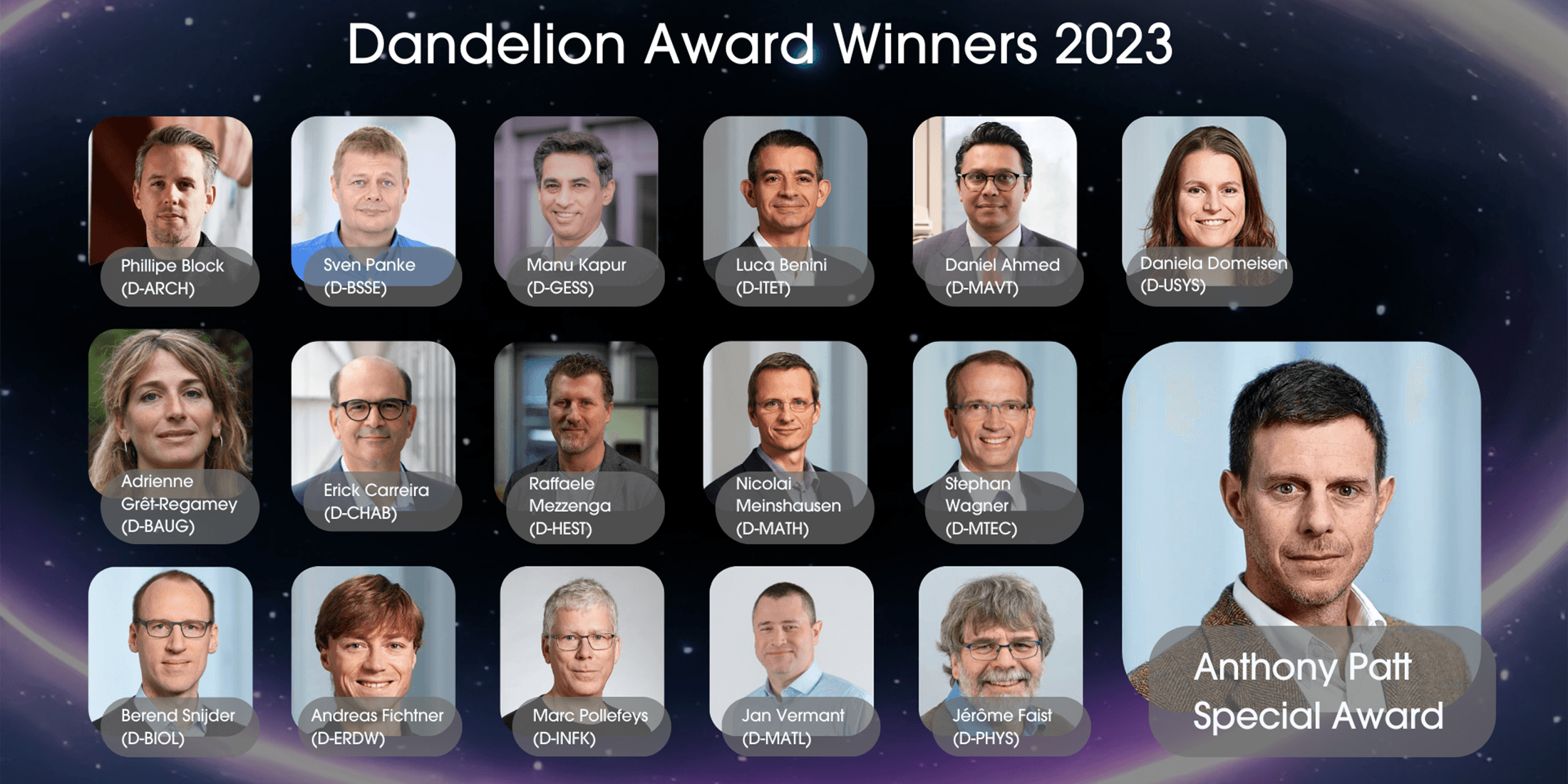The third AI + X Summit in the context of politics and generative AI
Over 2,000 students, researchers, entrepreneurs and industry representatives discussed the latest trends in artificial intelligence at the AI+X Summit 2023. Popular topics included the influence of generative AI, AI legislation, AI in medicine and trustworthy AI.

In mid-October, a large number of students, researchers and specialists took the opportunity to discuss the latest developments in the field of artificial intelligence (AI). For the third time, the AI+X Summit organised by the ETH AI Center and ZHAW took place in Oerlikon, an event dedicated to the exchange between institutions of higher education and research and the business world. It was held in conjunction with the ETH Entrepreneur Club’s LAUNCH event.
Students and researchers had the opportunity to talk to representatives from tech companies and start-ups at various booths. The latest AI applications for intelligent data analysis and AI applications for drones and robots were among the innovations presented.
What laws and adjudication does AI require?
Important meeting points at the event included the workshops, where certain topics and trends related to AI were explored in depth. The workshops on AI in medicine, trustworthy AI and current application of law and legislation in the field of AI were particularly popular and well attended this year. For example, the European Union (EU) is preparing a comprehensive AI Act for 2024. By comparison, Switzerland is taking a technology-neutral approach in its legislation and case law. This means that general law must also cover AI-specific legal issues.
One question on the application of law that was specifically discussed at the summit concerned text and images created with generative AI, which may affect the copyright of authors and works of art. As a rule of thumb for images, the more prompts and editing steps go into an AI-generated image, the more autonomous it becomes and the less likely it is to infringe copyrights.
More black-box AI models?
The influence of generative AI, such as ChatGPT, was also a talking point during panel discussions, using the examples of media companies and the overall development in AI research and application. When it comes to the media (newspapers, radio and TV), it was noted that AI is important for research and routine work, but that published articles would continue to be written by people, as automatically generated ones do not meet media companies’ quality guidelines.
As for the overall development, panellists envisaged that the success of generative AI could initiate a transformation from open to closed AI. It was noted in one of the panel discussions that in just a year’s time, there could be fewer openly shared AI models on the market, but in their place, more private “black-box” AI models. In these, the data use of AI is unlikely to be transparent, or likely to be less transparent, than in the case of scientific models.
Seventeen professors awarded for promoting start-ups
In the spirit of active networking between science and business in the field of AI, the Dandelion Awards for Entrepreneurship are presented each year at the AI+X Summit. Following the model of ETH’s Golden Owl teaching award, this award honours a professor from each department who is particularly committed to innovation, knowledge transfer and start-ups and who acts as a mentor for the next generation of AI entrepreneurs. The nominations come from students and doctoral candidates.
The 17 prizewinners of the Dandelion Award 2023 are:
- Phillipe Block (D-ARCH)
- Sven Panke (D-BSSE)
- Manu Kapur (D-GESS)
- Luca Benini (D-ITET)
- Daniel Ahmed (D-MAVT)
- Daniela Domeisen (D-USYS)
- Adrienne Grêt-Regamey (D-BAUG)
- Erick Carreira (D-CHAB)
- Raffaele Mezzenga (D-HEST)
- Nicolai Meinshausen (D-MATH)
- Stephan Wagner (D-MTEC)
- Berend Snijder (D-BIOL)
- Andreas Fichtner (D-ERDW)
- Marc Pollefeys (D-INFK)
- Jan Vermant (D-MATL)
- Jérôme Faist (D-PHYS)
The Special Award was given to:
- Anthony Patt (D-USYS)
Always up to date
Would you like to always receive the most important internal information and news from ETH Zurich? Then subscribe to the "internal news" newsletter and visit Staffnet, the information portal for ETH employees.
